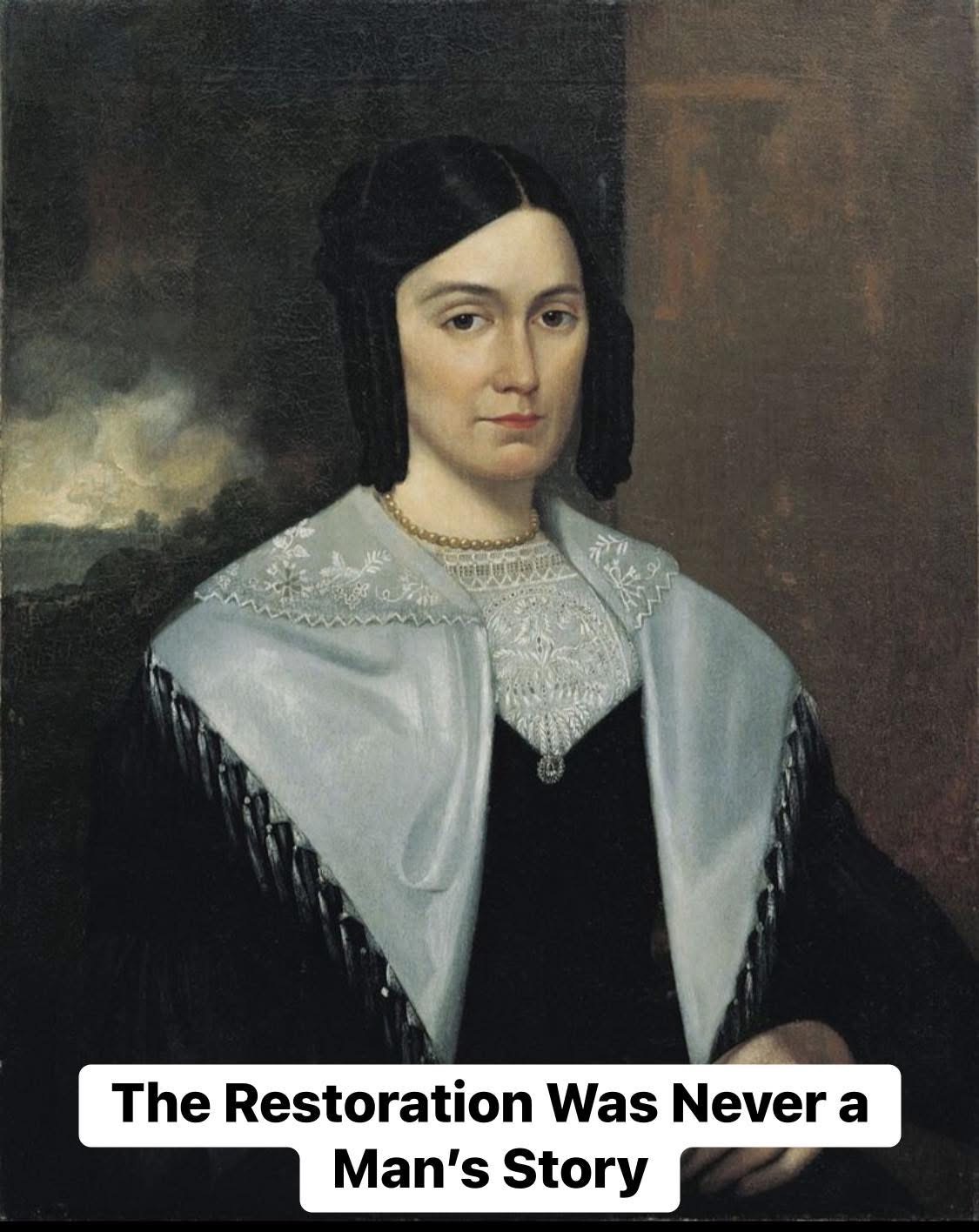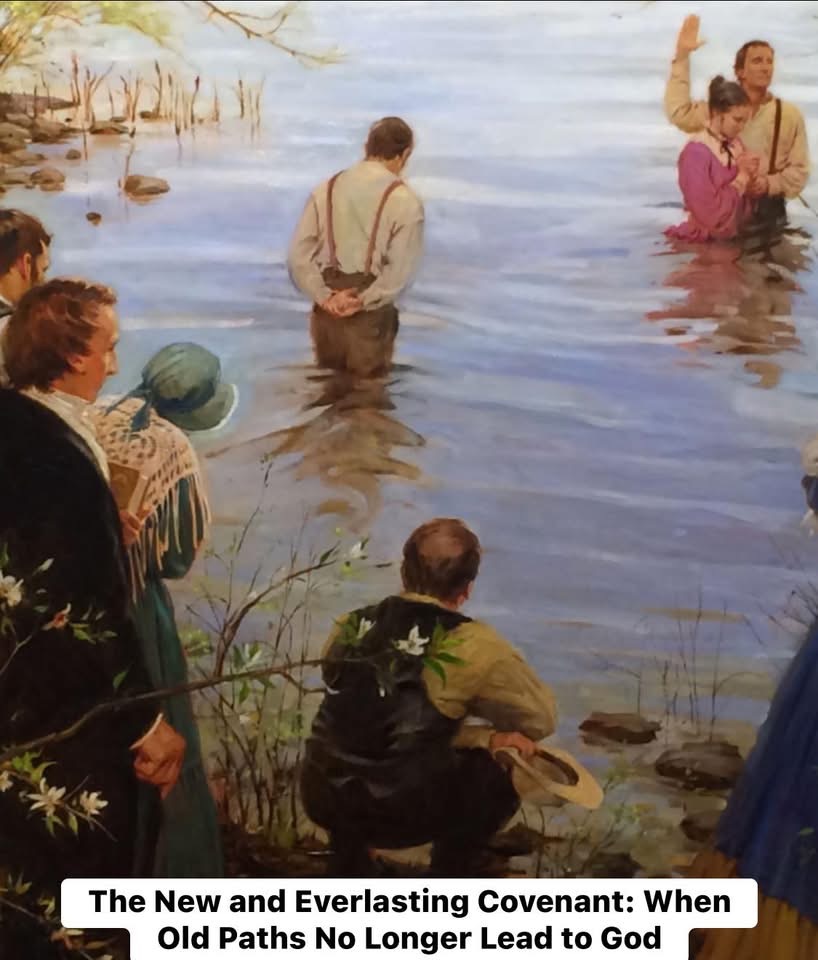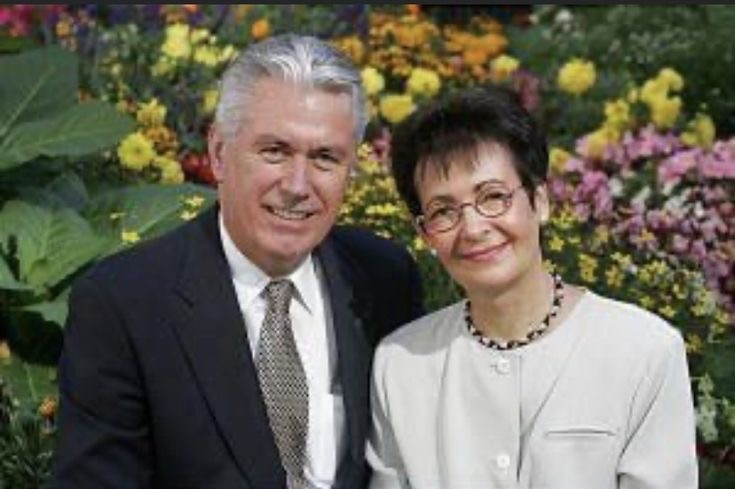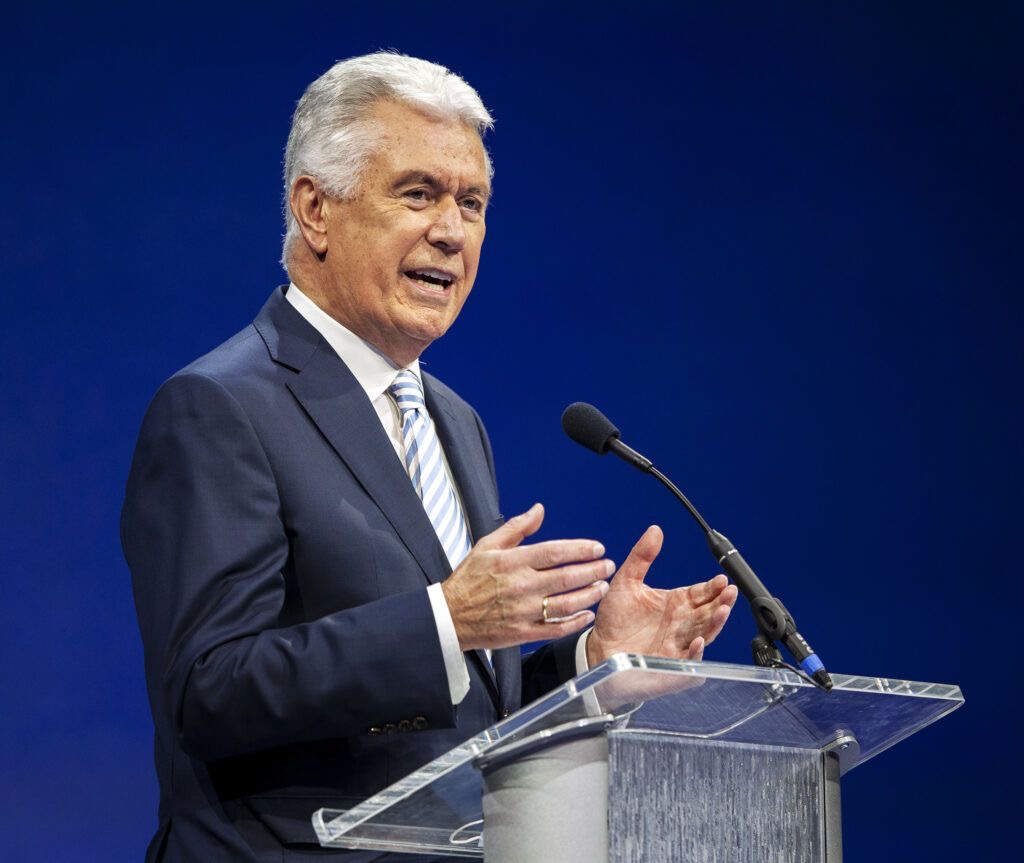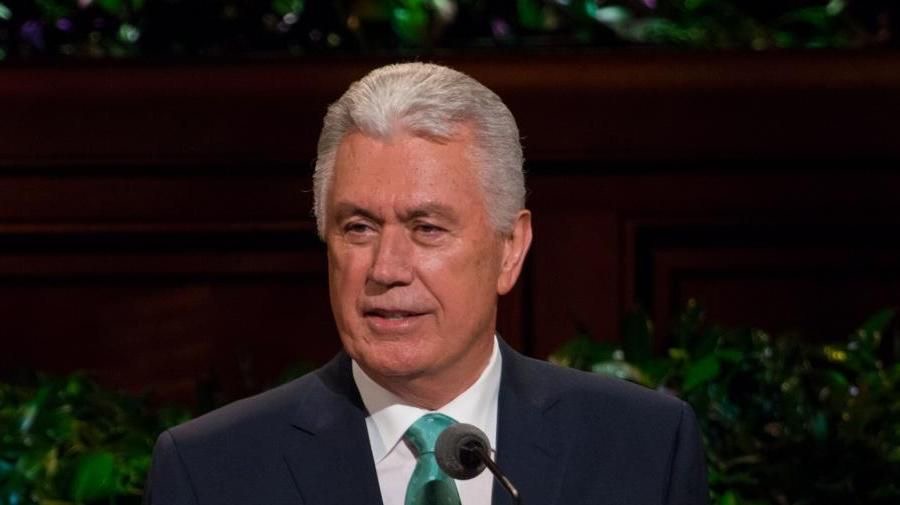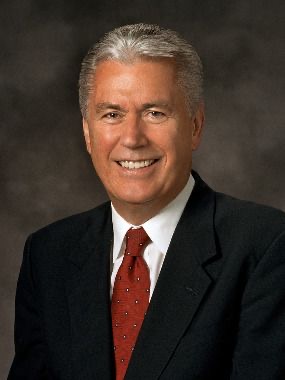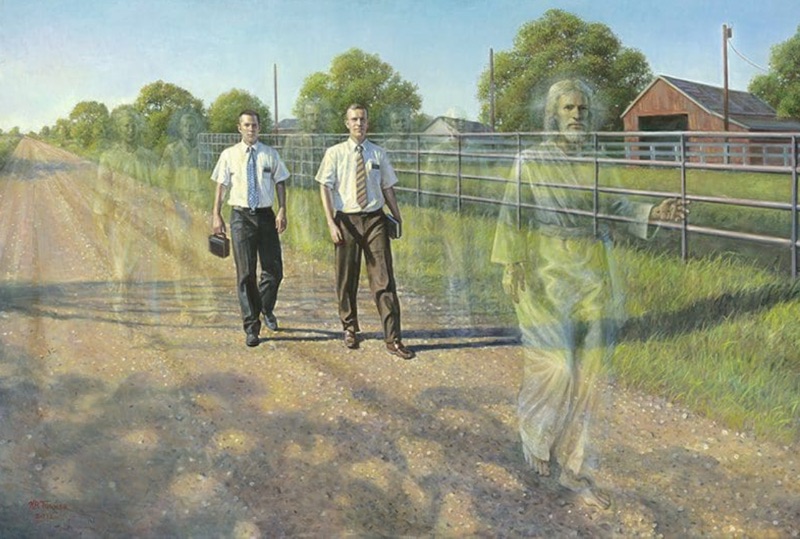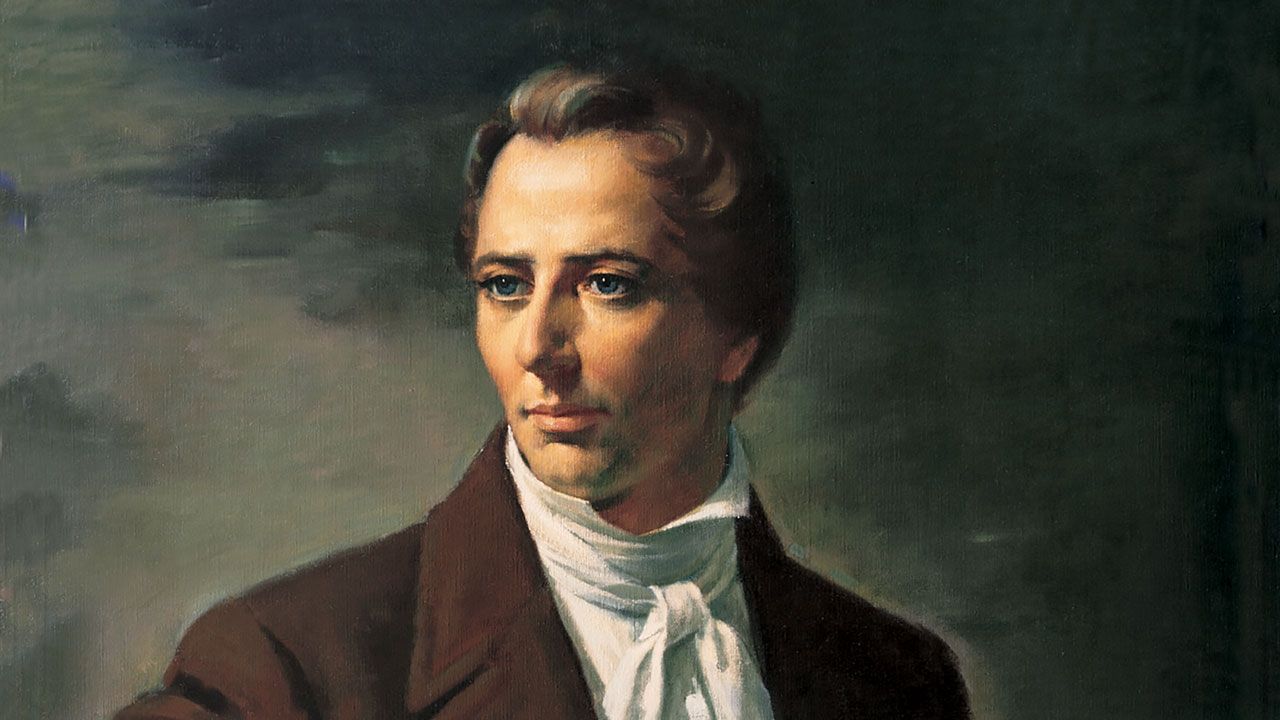Have you ever wondered about the significance of Zion and the Davidic Kingdom in biblical prophecy?

How do these concepts tie into the heavenly city and the eternal reign of Christ?
Join us as we delve into the spiritual depths of Zion and its connection to the fulfillment of God’s plan.
Throughout history, Zion has carried profound spiritual meaning, often associated with God’s dwelling place and the establishment of His kingdom.
But what if there’s more to it than meets the eye?
What if Zion holds the key to understanding the ultimate fulfillment of God’s promises?
In this article, we’ll explore the biblical passages that shed light on the significance of Zion.
From Psalm 132:13-14, where Zion is seen as a precursor to the heavenly Jerusalem, to Isaiah’s vision of a future where all nations flow to Zion (Isaiah 2:2-4), we’ll uncover the rich symbolism and prophetic messages embedded in these texts.
Join us as we journey through the Scriptures, uncovering the promises made to David and how they point to Jesus‘ eternal reign. We’ll also delve into the references to Jerusalem in the New Testament, such as Matthew 5:35and Matthew 21:1-11, and their connection to the establishment of God’s kingdom.
Finally, we’ll explore the vision of the new Jerusalem in Revelation 21:2-3 and its significance as the culmination of God’s promise in Christ. Through this exploration, we hope to deepen our understanding of Zion and its role in the eternal plan of God.
So, are you ready to embark on this journey of discovery? Let’s unravel the mysteries of Zion and the Davidic Kingdom, and uncover the profound truths that lie within.
Contents hide
1) Zion: God’s Dwelling Place
1.1) Symbolism of Zion
2) The Promise to David
3) Isaiah’s Vision of the Holy Mountain
4) Jerusalem, the City of the Great King
4.1) The Significance of Jerusalem
4.2) The Role of Jerusalem in God’s Plan
4.3) The Divine Plan Unfolding
5) The Son of David
5.1) The Significance of Jesus’ Lineage
6) Zion in Hebrews
7) The New Jerusalem in Revelation
7.1) In Summary
8) Jesus’ Entry into Jerusalem
9) The Lord’s Prayer and the Kingdom
Zion: God’s Dwelling Place
When we reflect on the scriptures, we encounter Psalm 132:13-14, which provides us with profound insights into Zion as not just a physical place, but as a spiritual concept. It serves as a precursor to the heavenly Jerusalem, where Christ reigns eternally.
Subscribe to Scriptural Thinking!
Get updates on the latest posts and more from Scriptural Thinking straight to your inbox.
In Psalm 132:13-14, we read:
“For the Lord hath chosen Zion; he hath desired it for his habitation. This is my rest forever: here will I dwell, for I have desired it.” – Psalm 132:13-14 (KJV)
In these verses, we see that God has chosen Zion as His dwelling place. It is a place of rest and divine presence. But what does this mean for us?
Zion represents more than just a geographical location; it symbolizes the heavenly Jerusalem, where God’s reign is fully realized through Christ. It embodies the spiritual union between the heavenly realm and the earthly domain.
As believers, we can find comfort and hope in the promises made by God regarding Zion. It reassures us of His unwavering commitment to establish His divine plan and manifest His reign.
Through the imagery of Zion, we catch a glimpse of the heavenly Jerusalem, where Christ’s eternal rule brings peace, righteousness, and restoration. It is a vision that encompasses all believers and transcends physical boundaries.
Just as the earthly Jerusalem was a physical representation of Zion, we are called to be living testimonies of God’s kingdom on earth. Our lives should reflect the values and attributes of the heavenly Jerusalem, bringing the transformative power of Christ’s reign into every aspect of our existence.
As we meditate on these verses, let us embrace the significance of Zion in God’s divine plan. Let us seek to embody the heavenly Jerusalem in our lives, allowing Christ’s reign to transform us and impact the world around us.
Symbolism of Zion
| Symbol | Meaning |
| Eternal Reign of Christ | Zion foreshadows the heavenly Jerusalem where Christ reigns eternally, establishing God’s kingdom on earth. |
| Divine Presence | Zion represents God’s chosen dwelling place, where His rest and divine presence abide. |
| Spiritual Union | Zion serves as a spiritual connection between the heavenly realm and the earthly domain, uniting believers in Christ’s reign. |
| Hope and Salvation | God’s promises regarding Zion give us hope and assurance of His divine plan, offering salvation and restoration. |
| Transformative Power | Just as the earthly Jerusalem represented Zion, believers are called to embody the values and attributes of the heavenly Jerusalem, impacting the world through Christ’s transformative power. |
The Promise to David
One of the most significant promises in the Bible can be found in 2 Samuel 7:12-13. In this passage, God makes a covenant with David, promising him a lasting kingdom. The words spoken by God to David demonstrate His faithfulness and plan for the future:
“When your days are fulfilled and you rest with your fathers, I will set up your seed after you, who will come from your body, and I will establish his kingdom. He shall build a house for My name, and I will establish the throne of his kingdom forever.”
This promise holds great importance as it foreshadows the eternal reign of Jesus Christ and the establishment of His divine kingdom. Just as God promised David a lasting kingdom, Jesus fulfills this promise by establishing a kingdom that will endure forever.
Through His lineage as a descendant of David, Jesus embodies the realization of God’s covenant. His birth, life, death, and resurrection pave the way for the establishment of an everlasting kingdom, where righteousness and justice will prevail.
Jesus’ eternal reign brings hope and assurance to believers, guaranteeing them a place in His everlasting kingdom. As followers of Christ, we can find solace in the knowledge that His reign will never end, offering us peace and security for all eternity.
By examining the promise to David in 2 Samuel 7:12-13, we gain a deeper understanding of the lasting kingdomthat Jesus brings. This promise serves as a testament to God’s faithfulness and His plan for the redemption and restoration of His creation.
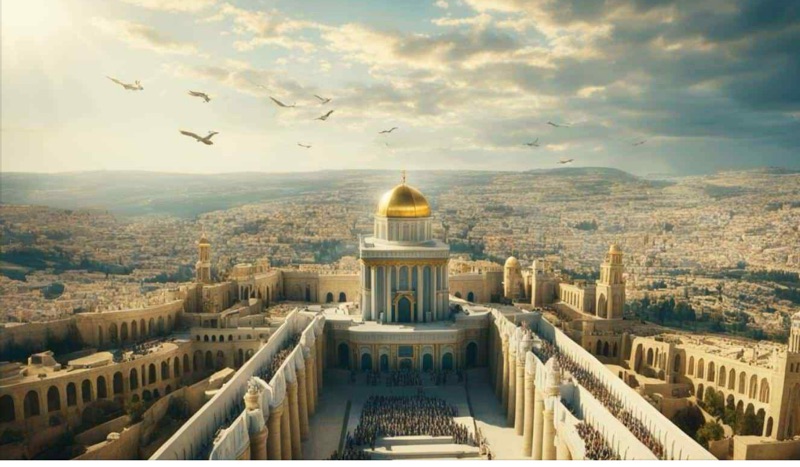
Isaiah’s Vision of the Holy Mountain
Isaiah 2:2-4 paints a prophetic picture of a future where people from all nations flow to Zion, guided by the universal call of Christ. This vision reveals God’s plan for Jerusalem as the city of the great King, a gathering place for all who seek His presence.
“And it shall come to pass in the last days, that the mountain of the Lord’s house shall be established in the top of the mountains, and shall be exalted above the hills; and all nations shall flow unto it. And many people shall go and say, Come ye, and let us go up to the mountain of the Lord, to the house of the God of Jacob; and he will teach us of his ways, and we will walk in his paths: for out of Zion shall go forth the law, and the word of the Lord from Jerusalem. And he shall judge among the nations, and shall rebuke many people: and they shall beat their swords into plowshares, and their spears into pruninghooks: nation shall not lift up sword against nation, neither shall they learn war any more.”
Isaiah 2:2-4 (KJV)
Isaiah’s vision foretells a time when the influence of Zion extends beyond geographical boundaries. It symbolizes the universal call of Christ, drawing people from every nation to gather in the presence of God. In Zion, they will receive divine teachings and walk in the ways of the Lord.
This vision doesn’t merely represent a physical journey to Jerusalem, but a spiritual pilgrimage towards unity, peace, and righteousness. It describes a future where conflict and warfare cease, replaced by harmony and cooperation. The swords and spears that once symbolized destruction will be transformed into tools of productivity and growth.
This prophecy holds immense hope and promise for all nations, as it signifies the reconciliation and restoration brought about by the eternal reign of Christ. It serves as a reminder of God’s ultimate plan to bring healing and restoration to a broken world through His Son.
Jerusalem, the City of the Great King
In Matthew 5:35, Jesus makes a significant reference to Jerusalem that holds great significance in God’s plan. Jerusalem is not just an ordinary city, but it is the city of the great King, where God’s promises find their fulfillment and His kingdom is established.
“Nor by the earth; for it is his footstool: neither by Jerusalem; for it is the city of the great King.”
These words from Jesus highlight the unique status of Jerusalem as the dwelling place of God, where His presence is manifested within His creation. It is a city with profound spiritual and symbolic meaning, serving as a beacon of hope and a testament to God’s faithfulness to His people.
Throughout history, Jerusalem has played a pivotal role in the unfolding of God’s plan. It is the city where God chose to establish His temple and dwell among His people. In the Old Testament, we see Jerusalem as the center of worship and the place where the Davidic kingdom thrived.
The Significance of Jerusalem
Jerusalem holds deep significance in God’s plan for redemption and salvation. It serves as a physical and spiritual connection between heaven and earth, bridging the gap between the divine and the human.
God’s plan for Jerusalem goes beyond just being a physical city. It represents His desire to establish His kingdom on earth, with His righteous rule and reign. Jerusalem is the earthly manifestation of the heavenly city, the place where the eternal reign of Christ will be realized.
In Jerusalem, God’s promises find their fulfillment. It is the city where Jesus walked, taught, and eventually sacrificed Himself for the salvation of humanity. His death and resurrection in Jerusalem paved the way for the establishment of His kingdom, where He will reign as the great King.
The Role of Jerusalem in God’s Plan
Jerusalem plays a pivotal role in God’s plan for the redemption and restoration of His creation. It is the city where God chose to reveal His glory, where His presence resided among His people.
Throughout Scripture, we see Jerusalem as a central hub, where people from all nations are invited to come and worship the Lord. It serves as a beacon of hope, drawing people to God’s love and grace.
The establishment of God’s kingdom in Jerusalem signifies the ultimate victory over sin and death. It is a place of divine authority and sovereignty, where righteousness will prevail and all things will be made new.
The Divine Plan Unfolding
As we delve into the significance of Jerusalem, we witness the divine plan unfolding before our eyes. From the promises made to David in 2 Samuel 7:12-13 to the vision portrayed in Isaiah 2:2-4, the threads of God’s plan are intricately woven together, culminating in the establishment of His eternal kingdom.
God’s plan goes beyond the physical city of Jerusalem. It encompasses the hearts and lives of His people, as His kingdom is established within them. It is a plan rooted in love, grace, and the ultimate sacrifice of Jesus.
As we embrace the significance of Jerusalem in God’s plan, let us open our hearts to His leading and surrender to His divine purpose. Through Jerusalem, we catch a glimpse of the grandeur of God’s kingdom and the eternal reign of Christ, where all things find their true significance and purpose.
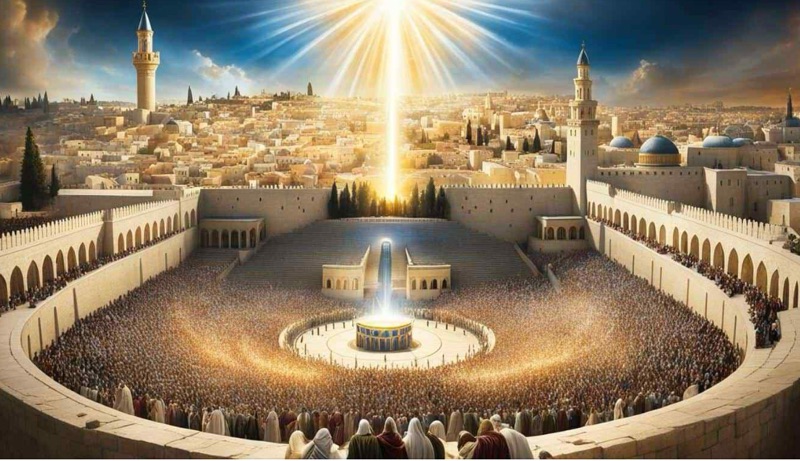
The Son of David
Matthew 1:1 establishes a significant link between Jesus and the lineage of David, paving the way for the ultimate fulfillment of God’s plan. This connection to David’s kingdom is crucial in understanding the role of Jesus as the Son of David and His establishment of an eternal reign.
In Matthew 1:1, the genealogy of Jesus is traced back to David, highlighting His rightful place in the lineage of the great king. This lineage signifies Jesus’ rightful claim to the Davidic throne and affirms His authority in establishing a kingdom that will endure forever.
“The book of the generation of Jesus Christ, the son of David, the son of Abraham.”
By identifying Jesus as the Son of David, Matthew emphasizes His royal lineage and establishes His role as the awaited Messiah. This recognition of Jesus’ connection to David’s kingdom is crucial in understanding the fulfillment of God’s promise and the establishment of His eternal reign through Christ.
The Significance of Jesus’ Lineage
The lineage of Jesus carries immense significance in the context of God’s plan for salvation. Through His lineage, Jesus embodies the fulfillment of the Davidic promise of a kingdom that will never end. This lineage solidifies Jesus’ credentials as the long-awaited Messiah, the one who will bring about the ultimate realization of God’s plan.
As the Son of David, Jesus fulfills the prophetic promises of a righteous ruler who will reign in righteousness and bring about peace. His lineage establishes His rightful claim to the throne and positions Him as the ultimate fulfillment of God’s redemptive plan for humanity.
Furthermore, Jesus’ lineage emphasizes His humanity, showcasing that He is fully immersed in the historical and cultural context of Israel. By descending from David, Jesus embodies the hopes and aspirations of the Jewish people for a righteous king who will bring salvation and establish a kingdom that will endure throughout all generations.
The recognition of Jesus’ lineage as the Son of David is a testament to the faithfulness of God in fulfilling His promises. Through Jesus, God brings together the threads of His divine plan, combining the historical lineage of David’s kingdom with the spiritual reality of the ultimate fulfillment found in Christ.
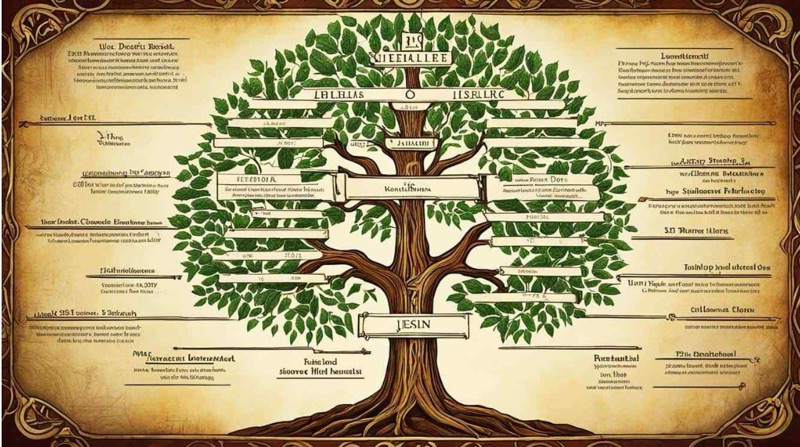
The image above visually represents the significance of Jesus’ lineage as the Son of David. It serves as a visual reminder of the connection between Jesus and the promised kingdom.
In summary, Matthew 1:1 establishes Jesus as the Son of David, connecting Him to the lineage of the great king and underscoring His role in the fulfillment of God’s plan. Understanding Jesus’ lineage illuminates the ultimate fulfillment of God’s promises and highlights His authority in establishing an eternal reign.
Zion in Hebrews
When studying the heavenly city and the eternal plan of God, the book of Hebrews provides valuable insights. Hebrews 12:22-24 vividly contrasts Mount Sinai with the heavenly Jerusalem, shedding light on the transformation from the old to the new covenant.
In Hebrews 12:22, the writer describes the awe-inspiring scene of believers approaching Zion, the heavenly Jerusalem. This depiction captures the grandeur and holiness of the city, setting it apart as a symbol of God’s eternal kingdom. As believers, we are invited to enter this glorious realm and experience the presence of God Himself.
The passage further emphasizes the significance of the new covenant established through Jesus Christ. It highlights the heavenly Jerusalem as the gathering place for an innumerable company of angels, the church of the firstborn, and the spirits of righteous people made perfect (Hebrews 12:23).
This depiction portrays the unity and communion we find in Christ’s redemptive work, as well as the continuity between the Old and New Testaments.
Through Jesus’ sacrificial death and resurrection, the old covenant is fulfilled, and a new covenant is established, ushering believers into the heavenly Jerusalem.
Hebrews 12:24 further emphasizes the unparalleled access that believers have in the new covenant. By the sprinkling of Jesus’ blood, we are brought into a closer relationship with God than the Israelites had under the old covenant.
This sacrifice provides forgiveness and redemption, making it possible for us to approach God with confidence and boldness.
As we reflect on Hebrews 12:22-24, we gain a deeper understanding of the heavenly Jerusalem and its significance in the eternal plan of God.
This passage reveals the transformative power of Jesus’ sacrifice, which bridges the gap between humanity and God, establishing a new covenant that grants us access to the heavenly city.
It is in Zion, the heavenly Jerusalem, that we find our ultimate joy and fulfillment in the presence of our Heavenly Father.

| Old Covenant | New Covenant |
| Based on the law and external rituals | Based on grace and the internal transformation of the heart |
| Limited access to God’s presence | Direct access to God through Jesus Christ |
| Animal sacrifices for temporary forgiveness | Jesus’ sacrifice for permanent forgiveness |
| Earthly sanctuary as a place of worship | Heavenly Jerusalem as the ultimate dwelling place of God |
The New Jerusalem in Revelation
In the book of Revelation, we are presented with a powerful envisioning of Zion in the form of the new Jerusalem. Revelation 21:2-3 describes this heavenly city as the culmination of God’s promise, where His divine plan reaches its ultimate fulfillment.
This vision of the new Jerusalem serves as a grand finale, representing the fulfillment of God’s covenant with His people. It is a representation of the eternal kingdom that awaits those who faithfully follow Christ.
Revelation 21:2-3 states, “And I John saw the holy city, new Jerusalem, coming down from God out of heaven, prepared as a bride adorned for her husband. And I heard a great voice out of heaven saying, Behold, the tabernacle of God is with men, and he will dwell with them, and they shall be his people, and God himself shall be with them, and be their God.”
In these verses, we see the heavenly Jerusalem descending from God, symbolizing the divine union between God and His people. It is portrayed as a beautifully adorned bride, illustrating the intimacy and oneness that will be experienced in this eternal city.
This envisioning of Zion in the new Jerusalem reveals the ultimate fulfillment of God’s promise to dwell among His people. It signifies the culmination of His redemptive plan, where the separation between God and humanity is eradicated, and His kingdom is established in all its glory.
“And I John saw the holy city, new Jerusalem, coming down from God out of heaven, prepared as a bride adorned for her husband.”
Through the envisioning of Zion in the new Jerusalem, we gain a glimpse into the magnitude of God’s love and faithfulness. It is a testament to His unchanging nature and His unwavering commitment to His people.
As we journey through the pages of Revelation, we are invited to embrace this divine vision and await with anticipation the day when we will enter into the glorious presence of the new Jerusalem. It is a reminder of the hope we have in Christ, the culmination of God’s promise, and the assurance of an eternal dwelling place in His kingdom.

In Summary
The new Jerusalem in Revelation is a powerful depiction of Zion, representing the culmination of God’s promise in Christ. It portrays the eternal city where God will dwell with His people, symbolizing the complete fulfillment of His redemptive plan. This envisioning of Zion serves as a source of hope and an assurance of our future in God’s eternal kingdom.
Jesus’ Entry into Jerusalem
Matthew 21:1-11 recounts the powerful and symbolic moment when Jesus made His triumphal entry into Jerusalem. This event holds great significance as it marks the fulfillment of the Davidic promiseand portrays Jesus as the long-awaited King.
As Jesus rode into the city on a donkey, the people recognized Him as the Messiah, shouting, “Hosanna to the Son of David! Blessed is He who comes in the name of the Lord!” (Matthew 21:9). This declaration of praise and adoration signifies the recognition of Jesus’ authority and kingship, fulfilling the Davidic promise of an everlasting reign.
The triumphal entry also serves as a foreshadowing of Jesus’ ultimate sacrifice for humanity. Just as the Passover lamb was brought into Jerusalem for sacrifice, Jesus, the Lamb of God, entered the city to give His life for the salvation of mankind. This selfless act of love would establish His eternal reign and pave the way for the fulfillment of God’s plan.
“Tell the daughter of Zion, ‘Behold, your King is coming to you, lowly, and sitting on a donkey, a colt, the foal of a donkey.'” – Matthew 21:5
The entry into Jerusalem also carries spiritual significance. It represents the divine inauguration of the new covenant and the ushering in of God’s kingdom on earth. Through Jesus’ triumphal entry, Zion, the city of David, becomes the starting point for the fulfillment of God’s divine purposes.
Jesus’ entry into Jerusalem is a powerful reminder of His kingship, the fulfillment of the Davidic promise, and the establishment of His eternal reign. It paves the way for the ultimate sacrifice and redemption of mankind, showcasing the depth of God’s love and His unwavering commitment to fulfilling His divine plan.

The Lord’s Prayer and the Kingdom
As you delve into the profound words of the Lord’s Prayer in Matthew 6:9-13, you will uncover a plea for the realization of the Davidic kingdom through Christ. This powerful prayer encapsulates the deep desire for God’s eternal reign to be established on earth as it is in heaven.
In the Lord’s Prayer, we see the connection between our plea for the kingdom’s realization and the pivotal role Zion plays as its cornerstone. Just as Zion symbolizes the Davidic kingdom, so does this prayer emphasize the longing for the fulfillment of God’s promise through Christ.
Through the plea for the realization of the Davidic kingdom, we acknowledge our dependence on God’s sovereignty and express our trust in His divine plan. This prayer reminds us that it is through Christ that the ultimate establishment of the Davidic kingdom will come to pass, bringing about everlasting peace and righteousness.
So, as you recite the Lord’s Prayer, remember the profound significance it holds in aligning our hearts with God’s eternal purpose. Let it be a constant reminder of our plea for the realization of the Davidic kingdom through Christ, as we eagerly await the day when God’s reign is fully established.
